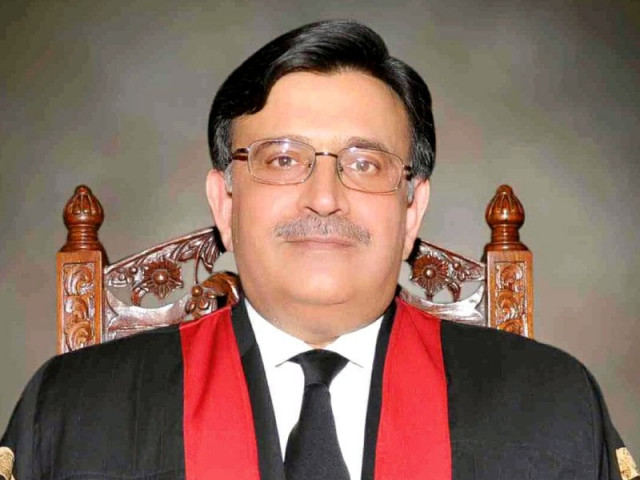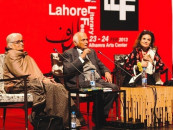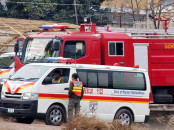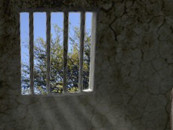Electricity petition: ‘Power, gas shortages fuelling Qadri’s protest’
LHC chief justice says Wapda must take steps to stop overbilling.

The chief justice observes that the LESCO and the FESCO were overbilling their consumers despite the payment of 90 per cent of their arrears.
People wouldn’t be out on the street protesting in Islamabad had they been given reliable electricity and gas supplies, said Chief Justice Umar Ata Bandial of the Lahore High Court on Wednesday.
Referring to Dr Tahirul Qadri’s long march, the chief justice said that the people sitting on Islamabad’s roads were those who had not been provided basic necessities. The judge was hearing a petition against unannounced power blackouts and special load-shedding exemptions.
Earlier, a lawyer representing the Pakistan Electric Power Company (Pepco) told the court that arrears of Rs45 billion had been paid to electricity distribution companies to ensure minimum blackouts, but ending the power shortage completely was not an easy task.
The chief justice observed that the Lahore Electric Supply Company (Lesco) and the Faisalabad Electric Supply Company (Fesco) were overbilling their consumers despite the payment of 90 per cent of their arrears. He said the Water and Power Development Authority (Wapda) should take steps to stop overbilling.
The chief justice summoned the general manager of the National Transmission and Dispatch Company (NTDC) for February 7 to provide details on steps taken to control electricity theft. He said that the water and power secretary would be summoned if the report on electricity theft was not submitted at the next hearing.

Supply discrimination
The petitioner, Judicial Activism Panel Chairman Azhar Siddique, has claimed that the province of Punjab is being discriminated against in the supply of electricity.
He said that other provinces had a greater rate of electricity theft and a lower rate of recovery of bills.
He said that the low recovery rate in the other provinces resulted in lower power production.
The petitioner said that the power supply authorities should submit the load-shedding schedules for Presidency, Prime Minister’s House, Chief Ministers’ Houses and other official buildings.

He asked the court to direct the National Electric Power Regulator Authority (Nepra), Wapda, Pepco and Lesco to disclose how much electricity they produce through coal, gas, furnace oil, or solar power plants.
He also sought financial statements showing profit and loss, debit and credit entries and details of other expenses of these power companies.
He said that the money being collected under fuel adjustment and other surcharges was being paid to rental power plants, so these surcharges could not be collected from citizens.
He submitted that the people of Pakistan were facing severe gas and electricity shortages while also being forced to pay surcharges on their utility bills.
Published in The Express Tribune, January 17th, 2013.



















COMMENTS
Comments are moderated and generally will be posted if they are on-topic and not abusive.
For more information, please see our Comments FAQ